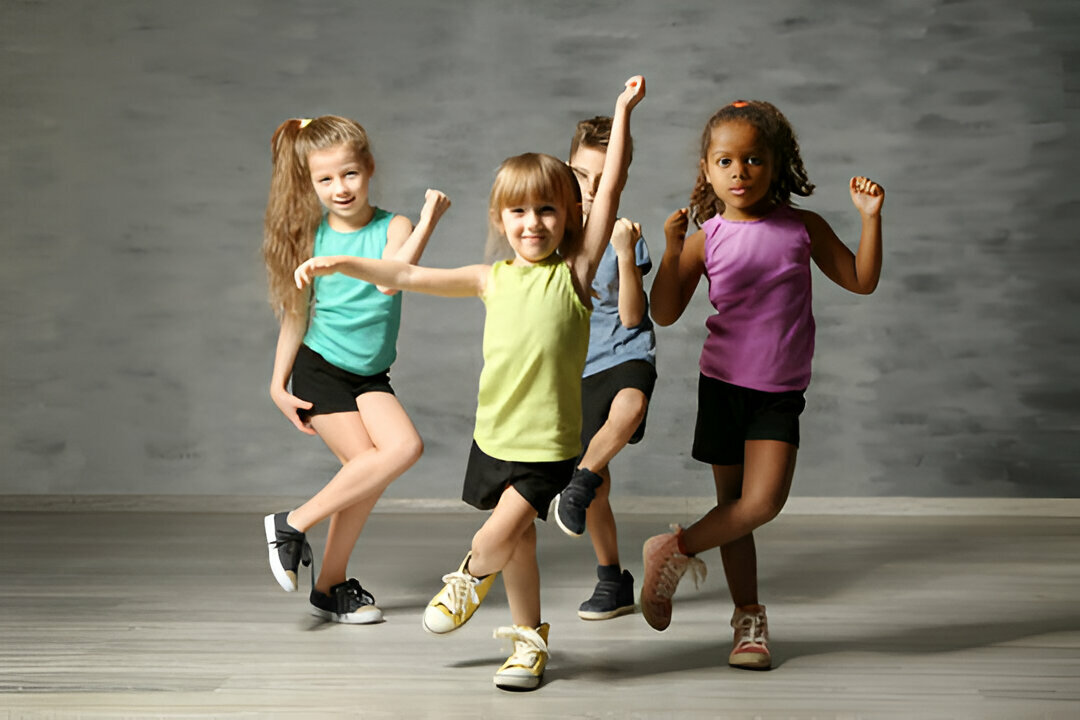
Discipline is the foundation of success in any field. But have you ever considered how dance can transform discipline from a concept into a way of life? Dance is more than art—it’s a teacher, a motivator, and a character builder. In this article, we’ll explore how Dance For discipline can shape individuals, blending creativity with structure in powerful ways.
Introduction to Dance and Discipline
Dance is often seen as a form of entertainment or self-expression. But look closer, and you’ll find it’s a discipline in itself. From memorizing steps to mastering techniques, dance demands dedication. It’s an engaging way to learn self-control, focus, and perseverance, making it a unique tool for character development.
Why Discipline Matters in Life
What’s the one quality shared by successful people across the globe? Discipline. It’s the ability to stick to goals, manage time, and overcome challenges. Without it, achieving personal or professional success can feel like chasing the wind. Dance teaches discipline in a way that feels natural, even enjoyable.
Dance as a Structured Activity
Think of dance as a well-choreographed play. Every move has a purpose, every rhythm a cue. This structure fosters a sense of order and precision, encouraging dancers to respect timelines and follow instructions. It’s like building a house—one step at a time, with a clear blueprint in mind.
Setting Goals Through Dance
Dance provides endless opportunities for goal-setting, whether it’s perfecting a routine or preparing for a performance. By breaking larger objectives into smaller tasks, dancers learn to focus on one milestone at a time. Isn’t life itself a series of small steps leading to bigger achievements?
Dance and Time Management Skills
Dance classes run on schedules, often down to the minute. To succeed, dancers must arrive prepared, warmed up, and ready to learn. This fosters an innate sense of punctuality and time management, which carries over into daily life, from school to the workplace.
Building Focus and Concentration
Have you ever watched a dancer glide effortlessly across the stage? That grace comes from intense focus. Dancers train their minds to stay present, blocking out distractions to deliver their best. This mental clarity isn’t limited to performances; it’s a skill that benefits all aspects of life.
The Role of Repetition and Practice
In dance, practice isn’t optional—it’s essential. Repeating steps until they become second nature is a lesson in patience and perseverance. Like a sculptor chiseling away at a stone, dancers refine their skills through consistent effort, proving that mastery comes with time.
Dance as a Confidence Booster
Stepping onto a stage can be daunting, but it’s also empowering. Dance helps individuals confront and conquer fears, boosting self-esteem. The applause at the end? It’s not just validation—it’s a testament to the discipline that made it possible.
Emotional Regulation Through Dance
Dance is a language of emotion. Whether it’s joy, sadness, or anger, movement provides a healthy outlet for feelings. This emotional regulation is a cornerstone of discipline, teaching dancers to channel their energy constructively.
Teamwork and Collaboration
In group performances, synchronization is key. Dancers learn to work together, listening to one another and respecting differences. It’s a lesson in collaboration, proving that discipline isn’t just about self-control but also about functioning harmoniously with others.
Developing Perseverance
Mistakes are inevitable in dance. A wrong step, a forgotten routine—these are challenges every dancer faces. But through these moments, they learn resilience. Dance instills a “keep going” mentality, reminding us that setbacks are just stepping stones to success.
Discipline Beyond the Dance Floor
The lessons learned in dance don’t stay in the studio. Time management, focus, and perseverance become part of a dancer’s personality, influencing their approach to school, work, and relationships. Dance for discipline truly transcends the art form.
Dance for Kids and Teens
For younger individuals, dance offers a structured yet creative outlet. It’s a way to teach discipline early, shaping responsible and confident adults. From ballet to hip-hop, the lessons extend far beyond technique.
Dance for Adults: Lifelong Benefits
Discipline isn’t just for kids. Adults, too, can benefit from dance, whether it’s for fitness, stress relief, or personal growth. The structured routines provide a sense of accomplishment, proving it’s never too late to learn.
Key Takeaways:
- Dance cultivates discipline: Through structured routines and consistent practice, dance teaches self-control and perseverance.
- Enhances time management: Dancers learn to manage their time effectively, balancing practice schedules with other commitments.
- Builds focus and concentration: The mental clarity required for dance performances translates into better focus in daily life.
- Boosts confidence and emotional regulation: Dance empowers individuals, providing a constructive outlet for emotions.
- Promotes teamwork and resilience: Group dances and overcoming challenges foster collaboration and a “never give up” attitude.
Dance as a Discipline Tool
Dance is more than movement; it’s a journey of self-improvement. By teaching structure, focus, and perseverance, it molds individuals into their best selves. So why not give it a try? You might just discover a new rhythm to life—one that’s guided by discipline.
How does dance instill discipline?
Dance requires regular practice, focus, and adherence to structured routines, which naturally cultivate discipline over time.
Can kids benefit from dance for discipline?
Absolutely! Dance helps children learn time management, teamwork, and perseverance in a fun and engaging way.
Is dance suitable for adults seeking discipline?
Yes, dance is an excellent way for adults to develop focus, reduce stress, and achieve personal goals while enjoying the process.
What types of dance are best for discipline?
Styles like ballet and contemporary are highly structured, making them ideal for building discipline. However, any dance form can contribute.
Can dance improve mental clarity and focus?
Yes, the concentration required in dance enhances mental clarity, helping individuals stay present and focused in other areas of life.




